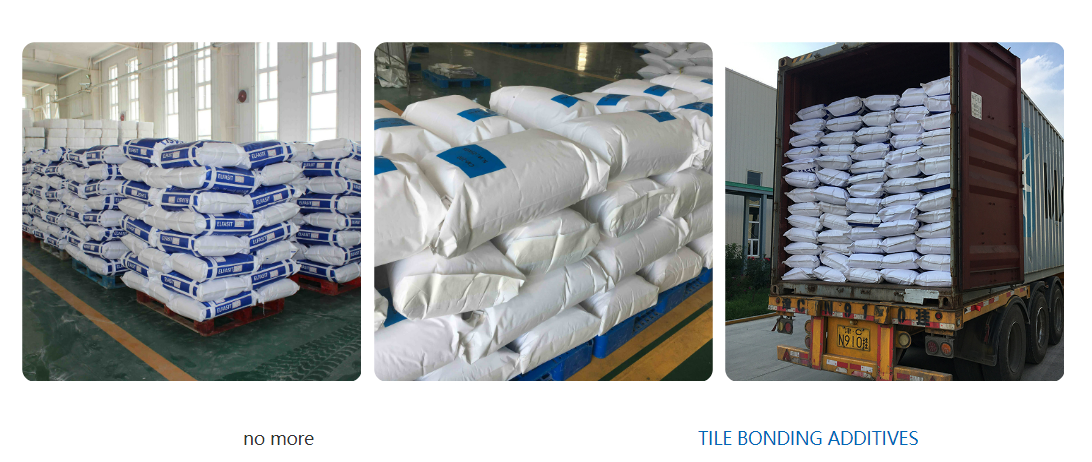
Srp . 01, 2024 10:31 Back to list
A Comprehensive Guide to Effectively Dissolving HPMC in Water for Various Applications
How to Dissolve HPMC in Water
Hydroxypropyl methylcellulose (HPMC) is a common cellulose derivative widely used in various industries, including pharmaceuticals, food, and construction. Its unique properties, such as water solubility, thickening ability, and film-forming characteristics, make it an ideal ingredient for numerous applications. However, the process of dissolving HPMC in water requires specific techniques to ensure optimal results. This article provides a step-by-step guide on how to effectively dissolve HPMC in water.
Understanding HPMC Properties
Before diving into the dissolution process, it's crucial to understand the properties of HPMC that influence its solubility. HPMC is often available in different grades, characterized by varying viscosity and substitution levels. The degree of substitution affects how it interacts with water. Generally, HPMC is soluble in cold or warm water and creates a gel-like solution once fully hydrated.
Choosing the Right Grade
When dissolving HPMC, the first step is to select the appropriate grade for your specific application. Various HPMC grades are available, with different viscosity levels suitable for distinct formulations. For example, high-viscosity grades are often used in construction applications, while lower-viscosity grades may be preferred for food products.
Preparing the Water
To begin the dissolution process, prepare the water you will use. Distilled water is recommended as it is free from impurities that could interfere with the dissolution process. The temperature of the water also plays a significant role; for most applications, warm water, ideally between 60°C to 80°C (140°F to 176°F), is effective. However, avoid boiling water, as it can degrade the HPMC.
Dissolving HPMC
how to dissolve hpmc in water

1. Measure the HPMC Accurately weigh the amount of HPMC you need for your formulation. The typical addition rate ranges from 1% to 10% by weight, depending on the desired viscosity and application.
2. Add HPMC to Water Gradually sprinkle the HPMC powder into the warm water while stirring continuously. It is essential to add the HPMC slowly to prevent clumping. Clumps can be difficult to break down and can result in an uneven solution.
3. Use Proper Mixing Techniques Employ a mechanical mixer or a hand whisk to thoroughly blend the HPMC into the water. Make sure to maintain continuous stirring. If you're using a larger batch, ensure that the mixer can accommodate the volume and mix evenly.
4. Hydrate Fully Allow the mixture to hydrate completely. This process can take anywhere from 30 minutes to a few hours, depending on the concentration and specific grade of HPMC used. During this time, continue to mix occasionally to ensure an even texture and to prevent settling.
5. Check Consistency Once fully hydrated, the solution should have a smooth, gel-like consistency. Ensure there are no lumps or undissolved particles. If lumps are present, further mixing may be required, or you can strain the solution if necessary.
Final Application
After achieving the desired consistency, your HPMC solution is ready for use. Depending on your application, you may need to adjust the viscosity further by adding more water or HPMC. Remember to conduct any necessary testing to ensure the solution meets your specific requirements.
Conclusion
Dissolving HPMC in water can be a straightforward process when the proper methods and precautions are followed. By selecting the right HPMC grade, preparing the water adequately, and using effective mixing techniques, you can achieve a smooth and homogeneous solution suitable for various applications. Whether you're formulating a pharmaceutical product, creating a culinary masterpiece, or enhancing a construction mixture, mastering the dissolution of HPMC is a valuable skill.
-
Versatile Hpmc Uses in Different Industries
NewsJun.19,2025
-
Redispersible Powder's Role in Enhancing Durability of Construction Products
NewsJun.19,2025
-
Hydroxyethyl Cellulose Applications Driving Green Industrial Processes
NewsJun.19,2025
-
Exploring Different Redispersible Polymer Powder
NewsJun.19,2025
-
Choosing the Right Mortar Bonding Agent
NewsJun.19,2025
-
Applications and Significance of China Hpmc in Modern Industries
NewsJun.19,2025







